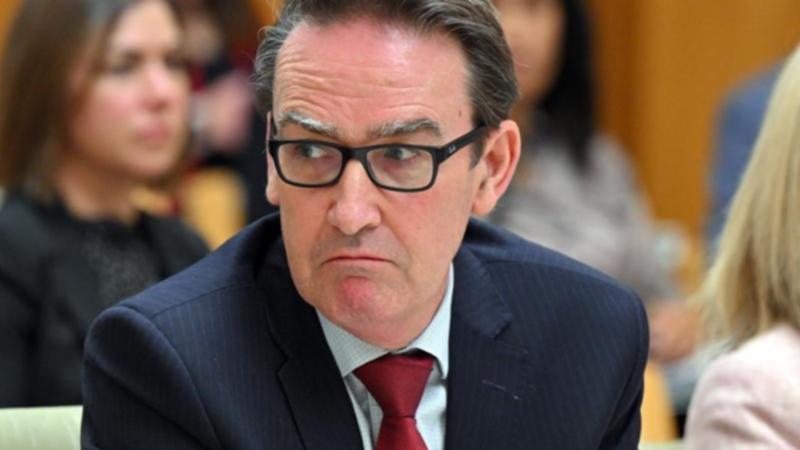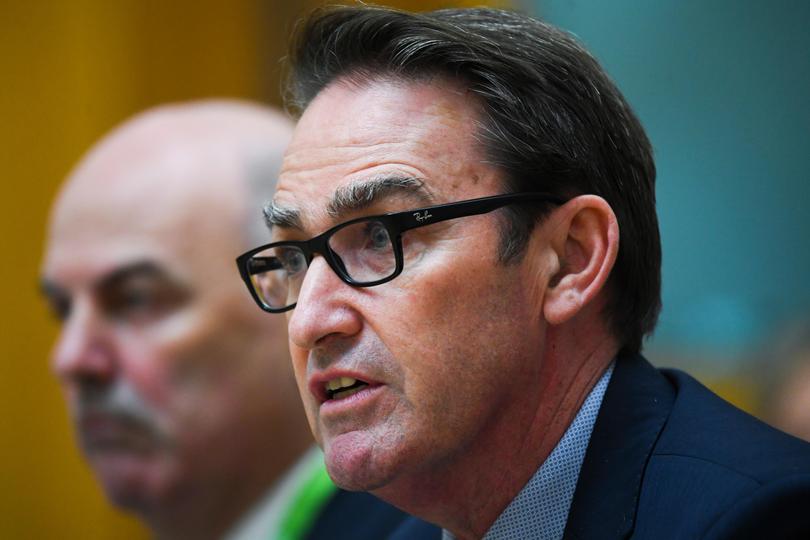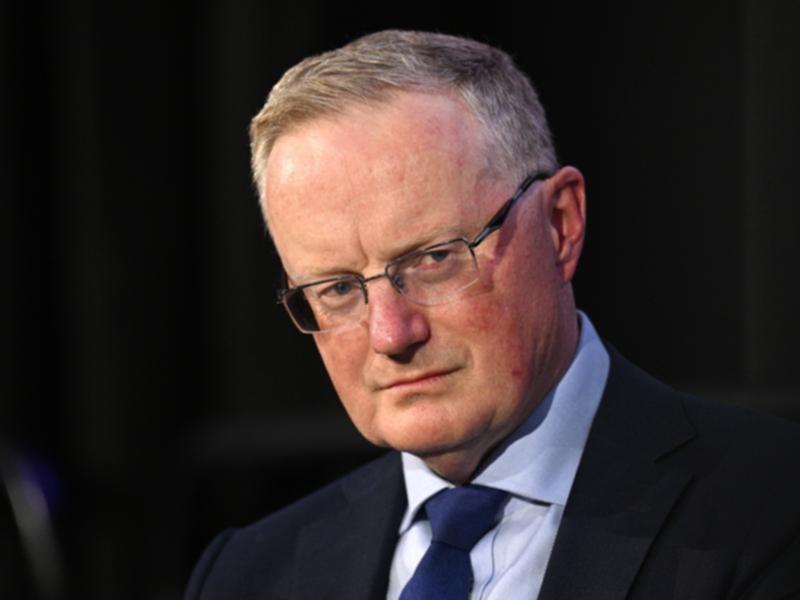Mark Riley: The three challenges Australians face as the economy moves into its next phase
Treasury secretary Steven Kennedy says the economy is moving into a new phase. And when he says “new” he doesn’t necessarily mean ‘good’.

Treasury secretary Steven Kennedy says the economy is moving into a new phase.
And when he says “new” he doesn’t necessarily mean “good”.
But he does seem to suggest it will be “better”.
Sign up to The Nightly's newsletters.
Get the first look at the digital newspaper, curated daily stories and breaking headlines delivered to your inbox.
By continuing you agree to our Terms and Privacy Policy.Probably. Hopefully. Maybe.
Reserve Bank governor Philip Lowe suggests it is a phase in which Australians will have to work harder, pay a little more for things and possibly live with their parents for a bit longer.
Not all of that will be attractive to everybody.
In a combined six hours of testimony this week to the Senate’s economics committee, the Treasury and RBA bosses painted in much of the detail behind the broad assurances we’ve been hearing in recent weeks that the worst of the inflation challenge is now behind us and that a return to a more “normal” economic outlook is ahead.
They cautioned, though, that there would be ups and downs.
And, barely minutes after Dr Lowe’s appearance, one of the downs appeared right on cue.

The April inflation figures smacked economic prognosticators right between the eyes, recording an unexpected increase of half a percentage point to 6.8 per cent.
The result wouldn’t have been a shock to Australian families though, who’ve been feeling inflation’s sting every week at the supermarket.
The price of bread has risen by 11.4 per cent in the past year and butter by 14.5 per cent.
That is the bread-and-butter reality of inflation.
The good news is that the trend rate of price rises is falling.
That might sound a bit confusing. But it’s important.
What it means is that while the monthly inflation figures are jumping around, the longer-term inflationary trend recorded in the quarterly consumer price index series is falling.
CPI is the measure the RBA examines most intently as it considers official interest rates.
It fell from 7.8 per cent in the December quarter to 7 per cent in March.
The RBA now expects inflation to return to its 2-3 per cent target range by mid-2025.
In the meantime, Dr Lowe says the country faces three major challenges.

The first is ensuring that monetary and fiscal policy — that is interest rates and the Budget — work together to keep inflation on its “glide path” back to that target range.
The second is a critical need to shake productivity out of its decade-long torpor to support higher wages.
Dr Lowe said official predictions of 4 per cent wages growth didn’t worry him as long as productivity lifted from virtually zero to the longer-run average of about 1 per cent.
In other words, workers deserve more money but have to become more efficient at what they are doing to earn it.
The Government says it has a plan to do that through skills development, re-energising manufacturing and developing new digital industries.
But all that takes time.
The third challenge is a big one: the housing crisis.
Housing is already in short supply and the bleak outlook for future construction threatens to make things even worse.
That is forcing rents sky high. The RBA expects rents to jump by 10 per cent over the coming year.
The answer, according to Dr Lowe, is wholesale reform of planning, zoning and approval regulations at all levels of government.
That, again, won’t happen overnight.
In the meantime, Dr Lowe’s suggestion is that: “We need more people on average to live in each dwelling.”
That means allowing the kids to live at home for longer and perhaps returning to the era of the backyard granny flat for ageing parents.
That makes this “new” phase sound a lot like the “old” phase of Australian suburban life.
The question, though, is whether we can cope with that? And, more fundamentally, whether we want to in our fiercely independent and often self-obsessed modern existence.
Finding the answer to that won’t require the services of a government, a treasury secretary or an RBA governor. It demands the wisdom of the ancient philosophers.
